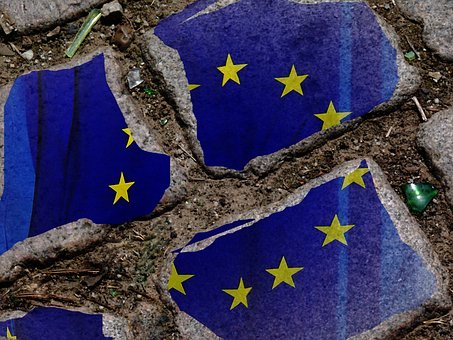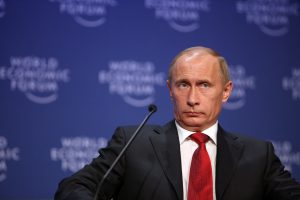This can lead to wars, even though it is not ready for them. This can fracture it to the point of breaking up. Conversely, this could also close its ranks and finally turn it into the political power it is still so far from being. We don’t know. It is far too early to say, but the fact is that everything forces the European Union to become a player on the international scene today.
Take Lebanon. For a long time it was the child of France, which had drawn its borders just a century ago and of which it had remained the Middle Eastern branch, and suddenly… The port of Beirut exploded. This drama comes on top of the massive influx of Syrian refugees, the collapse of banks that had once turned Lebanon into another Switzerland, the unwinding of the Lebanese pound and the massive rejection of a communitarian political system from which an array of predatory mafias was born. Lebanon is in agony, but even if the French president was the first to rush to its bedside, this patchwork of all Christian and Muslim faiths is today an issue for Europe.
In Beirut, the Union is gambling its credibility on the other shores of the Mediterranean because if it could not accompany the rebirth of a country of less than six million inhabitants with such a high cultural level and such a brilliant diaspora, who would believe it capable of contributing ever so little to the solution of the Syrian, Libyan, Palestinian, Yemeni or, soon, Algerian crises? In the growing chaos of the Maghreb and the Mashreq, Europe’s security is at stake. The United States is no longer there to protect it. Either it will be able to face it, with its member states united, or it will have to face migratory floods that will upset its political chessboard and it will see China and Russia take root, just a stone’s throw from its coasts, in lands where France and Great Britain were once unavoidable.
In Lebanon, France is now nothing more than the indispensable pathfinder for a Union forced to develop a Mediterranean policy and at the same time to assert itself, whether it likes it or not, on all the hot spots of the globe. This is true in the Sahel, where France no longer has the means to fight alone against a threat that could soon weigh heavily on the entire Union. It is even more true in the face of China, whose brutality is growing so harsh that even Berlin is hardening its stance towards it, in unison with the other European capitals. It is also true in the Belarusian crisis where the 27 cannot afford the luxury of breaking up because only together will they be able to impose a compromise with the opposition on Mr Putin and Lukashenko and thus avoid a second Ukrainian scenario. It is obviously true with Russia that only a strong and united Union will be able to call for a choice between cooperation and confrontation. And it is no less true with the United States, from which the Europeans will have to wrest the reaffirmation therefore the redefinition of transatlantic solidarity.
Biden or Trump, there are no more American policeman or protective umbrella either in Europe or in the Middle East. Nor is there any region of the world where medium-sized powers would not want to find or regain regional or even global weight by force of arms and fait accompli. A short era of international relations, the era of law and multilateralism are giving way to a return to the balance of power, and the Europeans can therefore only endow their Union with a common defence and make it a political power.
Will they succeed?
Because necessity is the mother of invention, this is no longer excluded. This obligation is hardly being discussed among themselves any more, but the large and small states of the Union have yet to learn to complement each other. The big ones must finally admit that they can no longer act as if they were the only ones to decide. The big ones must accept that there will be only one table and no longer theirs and the children’s, and the small ones, for their part, must get used to the idea that the big ones can be, by delegation, the strong arm of the Union because they have the means to be so and they have many more possibilities than Latvia or even Poland to get their voices heard from Moscow, Washington, Beijing or Tehran. In the long run, the Union will federalize or defeat itself, but as long as it is not federal, it has nothing to gain by depriving itself of the weight of the most powerful of its members.



